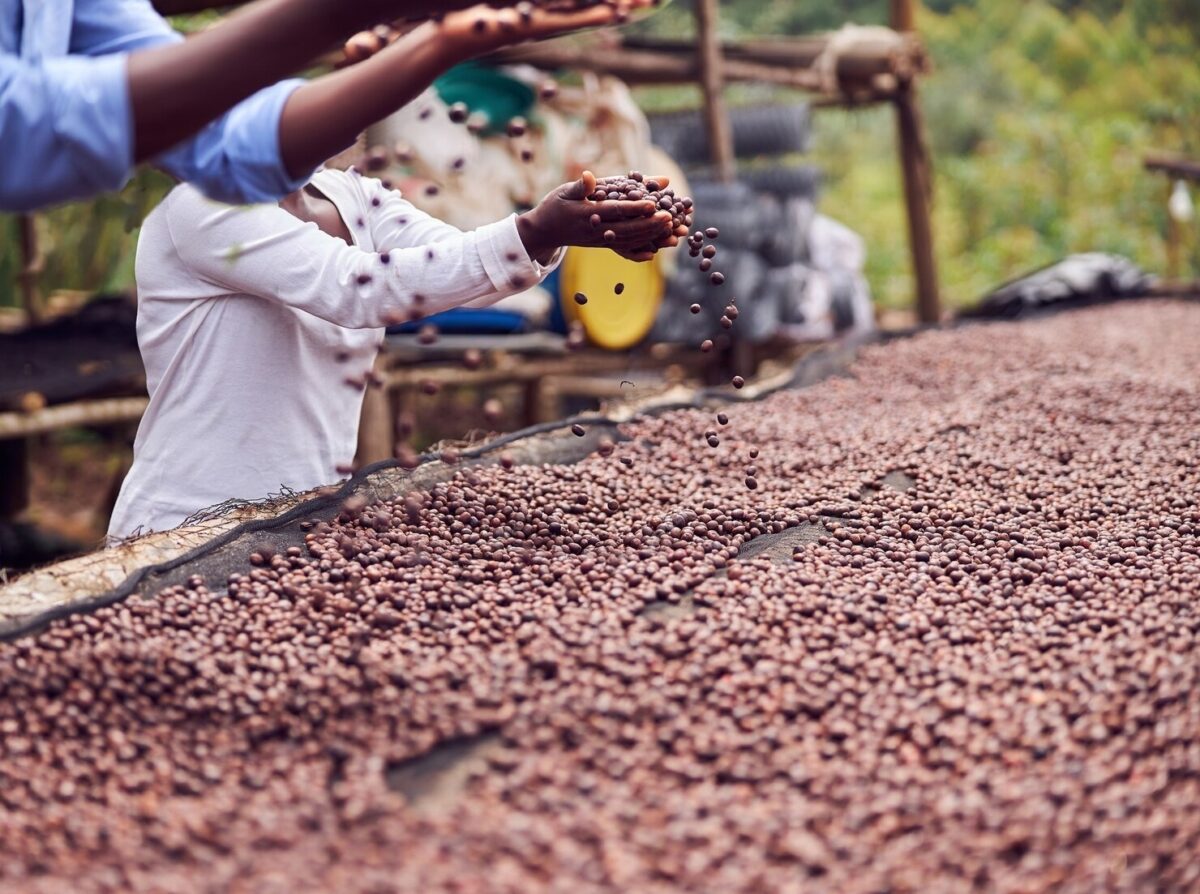72 Kenyan Coffee Factories to be Upgraded through Coffee Revitalization Program

During the official launch of the 2023 Agricultural Society of Kenya’s (ASK) Nairobi International Trade Fair, Kenya’s President William Ruto unveiled a comprehensive plan to breathe new life into Kenya’s coffee sector. The Coffee Revitalization Program (CRP) is planned to uplift 72 coffee factories, aimed at addressing the persistent challenges that have beleaguered the industry for years.
The president’s announcement was met with anticipation and optimism among the gathered stakeholders, and for good reason. He shared his government’s commitment to providing farmers with subsidized seedlings and fertilizers, a move expected to significantly boost coffee production. The government’s goal is to double the annual coffee production from the present 50,000 metric tons to an impressive 102,000 metric tons by 2027.
Beyond the promise of higher yields, President Ruto conveyed his unwavering commitment to eliminating wastage, inefficiency, and corruption within the sector and ensure that coffee farmers truly reap the benefits of their toil.
Kenya’s agricultural productivity has been stagnant in the face of a burgeoning population. This, coupled with the failure of food production to meet domestic demand, has led to increased imports, trade deficits, and rising food prices, which now constitute a staggering 54 percent of household expenditure. It is a vicious cycle that urgently requires intervention.
In his statement, President Ruto further stated that increased agricultural productivity holds the key to breaking this cycle, further adding that agriculture has the potential to employ a substantial 70 percent of the population, making it a linchpin in the battle against poverty. By harnessing this full potential, Kenya can reduce its dependence on food imports, safeguard its foreign exchange reserves, and insulate itself from international price shocks.
“Our global competitiveness in agriculture,” the President added, “extends beyond traditional crops like tea, coffee, cut flowers, and vegetables. It also encompasses emerging export crops such as macadamia and avocado.” It’s a testament to the nation’s agricultural prowess, which, if tapped to its fullest, can propel Kenya to even greater heights on the global stage.
In addition to the coffee sector, President Ruto also addressed the challenges facing the sugar industry. He emphasized that the government is actively working on measures to ensure that farmers in the sugar belt regions reap the benefits of their labor. He reiterated that the sugar sector holds a special place in his vision for national development, wealth creation, and employment generation, adding that he is in discussions with leaders from cane-growing areas to devise strategies that address issues like aging mills, institutional indebtedness, soil fertility, land competition, and low adoption of researched cane varieties and fertilizers.



